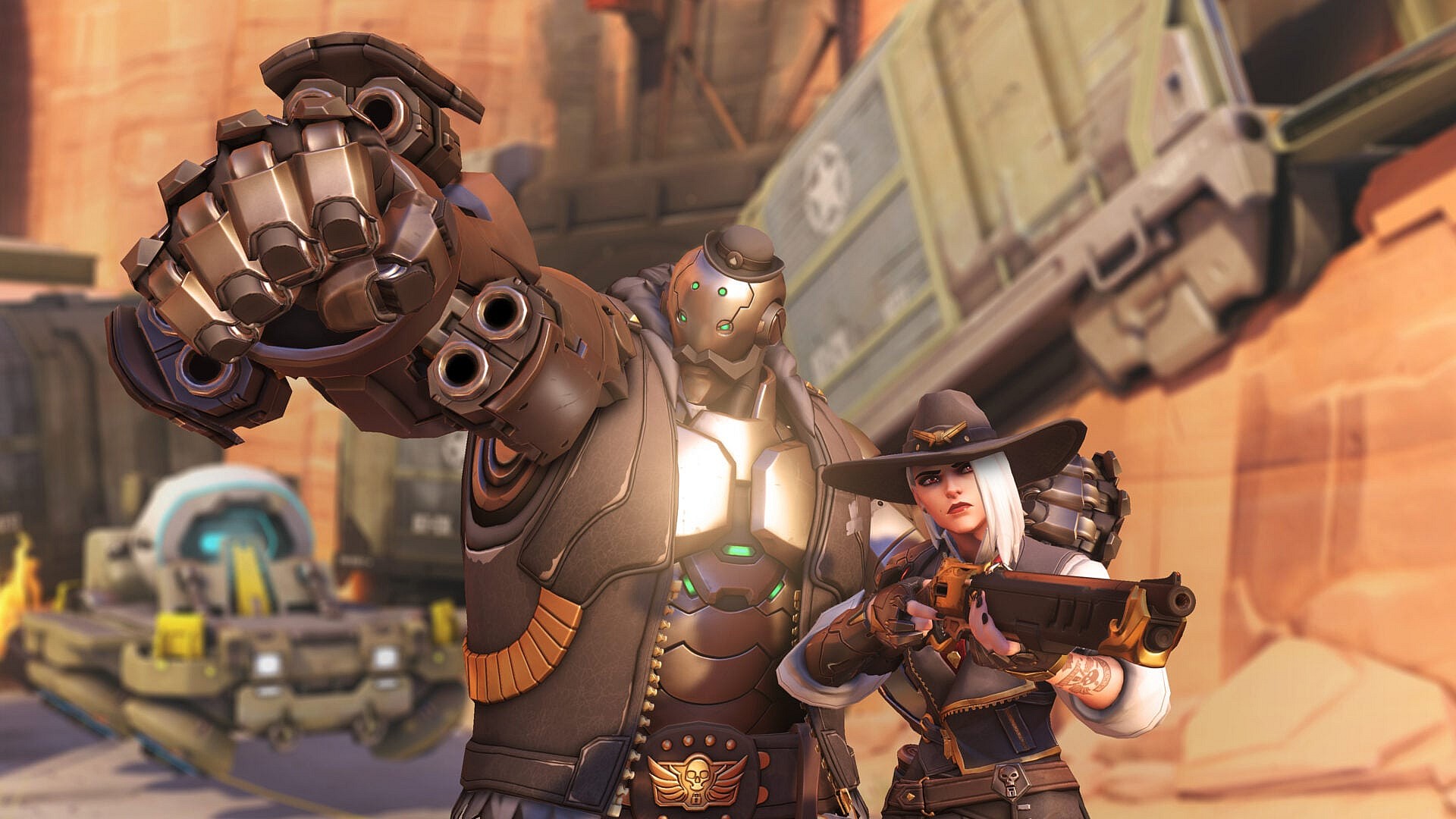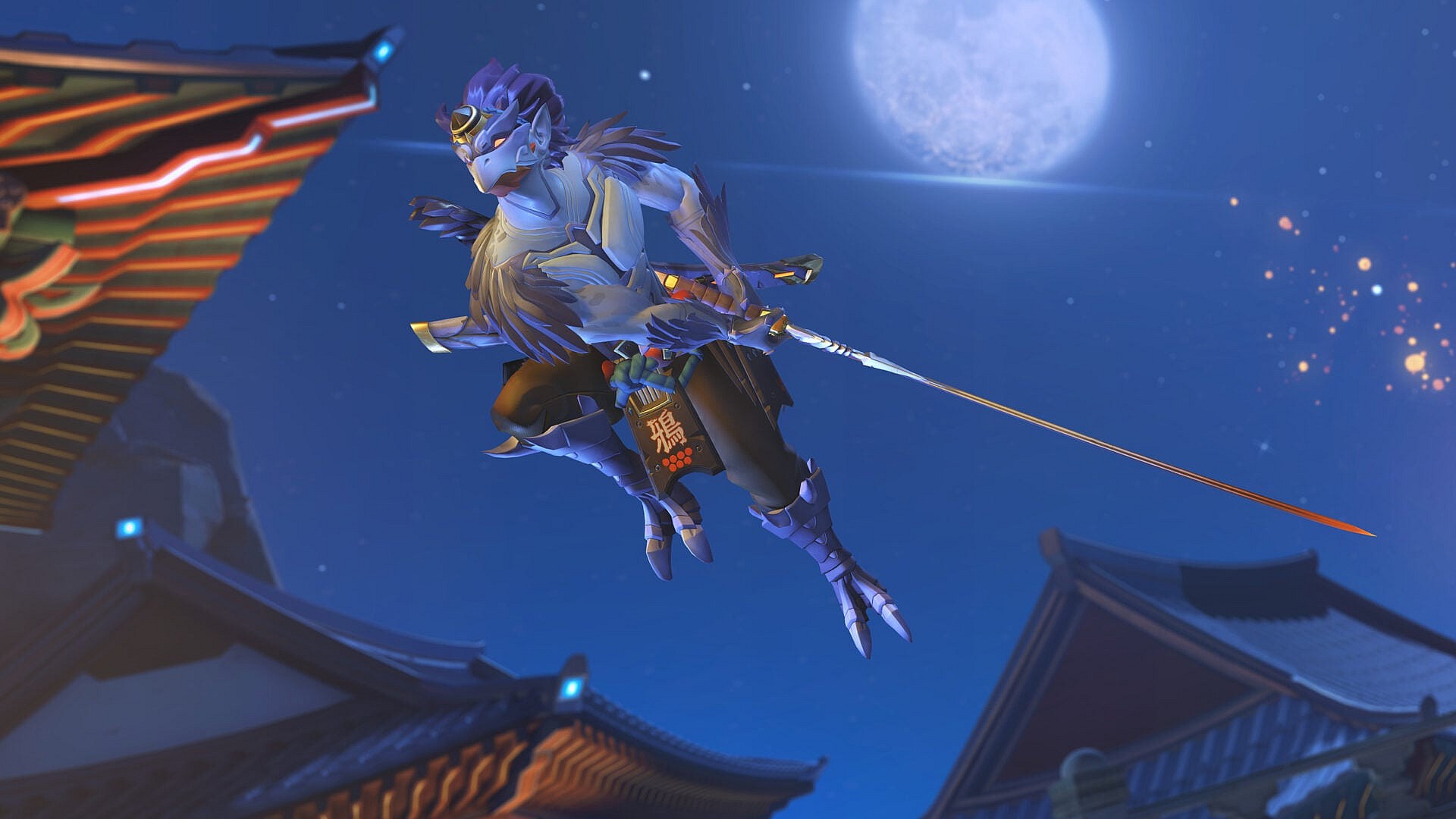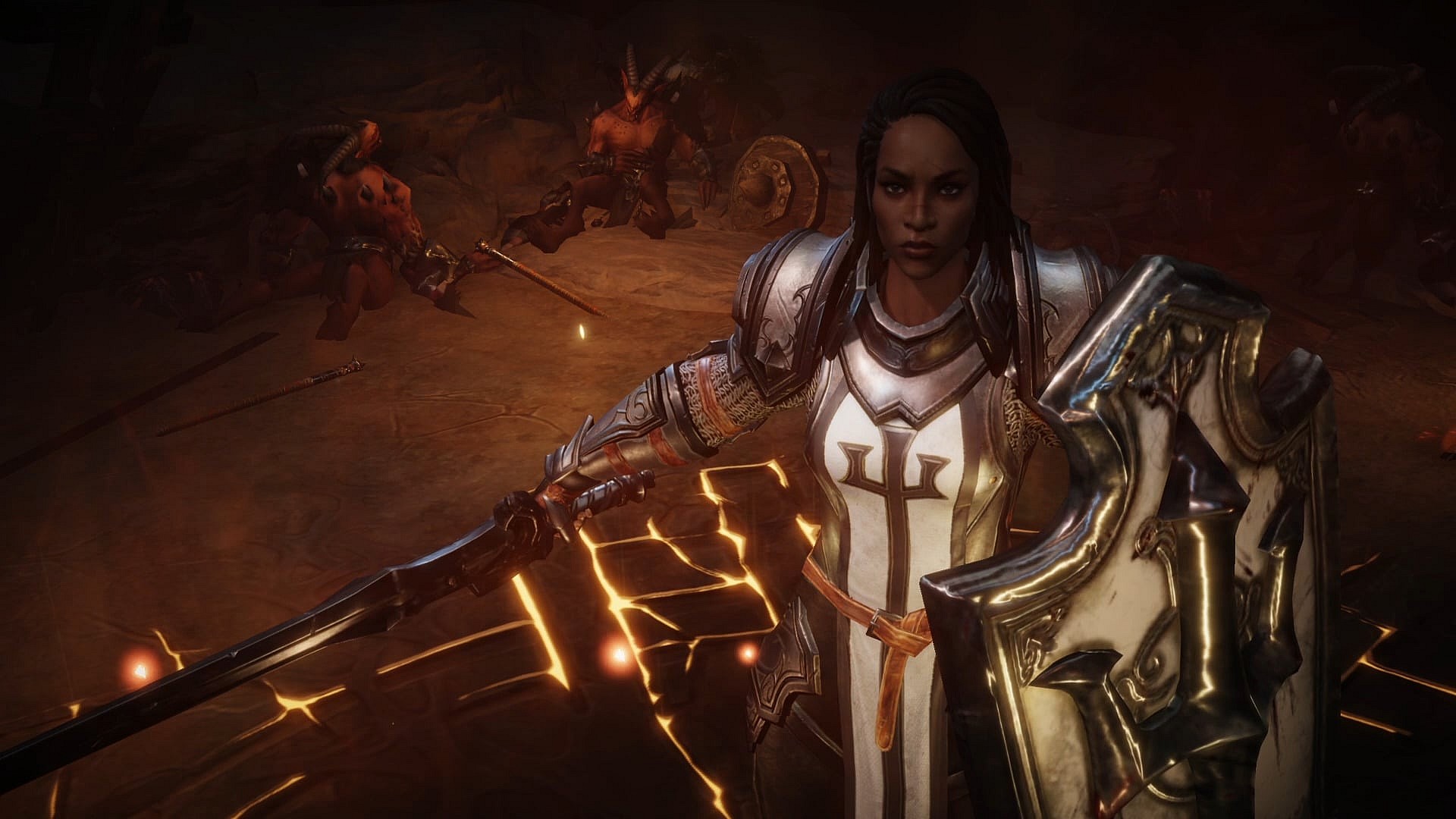Activision Blizzard Reports 61% Of 2021 Revenues Came From Microtransactions And DLC As Player Numbers Plummet

According to Activision Blizzard’s 2021 financial results, 61% of the company’s net bookings in recent months has came from microtransactions and DLC.

On February 3rd, Activision Blizzard released their Fourth Quarter and 2021 Financial Results, wherein they noted that for 2021, their net revenue – in accordance with GAAP – was $8.80 billion, higher than 2020’s $8.09 billion.
Further, their revenue from digital channels was $7.66 billion.

In the fourth quarter specifically, the company saw $2.16 billion in net revenue, a lower total than the $2.41 billion net revenue made in the same period during 2020, but $143 million higher than their previous projections.
Additionally, in this specific period, digital channel net revenue came in at $1.78 billion.

Activision Blizzard also disclosed that their net bookings for 2021 — described as “net amount of products and services sold digitally or sold-in physically in the period licensing fees and includes license fees, merchandise, and publisher incentives, among others, and is equal to net revenues excluding the impact from deferrals” —clocked in at $8.35 billion, down from $8.42 billion in 2020.
However, in Q4 2021 specifically, the results were not as favorable. Net bookings totaled in at $2.49 billion, a decrease from 2020’s pull of $3.05 billion.

Meanwhile, in-game net bookings – or “the net amount of downloadable content and microtransactions sold during the period, and is equal to in-game net revenues excluding the impact from deferrals” – were $5.10 billion for 2021, surpassing 2020’s $4.85 billion. Those in-game net bookings account for 61% of the total net booking of $8.35 billion for the year.
For the quarter, the company’s in-game net bookings came in at $1.24 billion down from $1.32 billion from Q4 2020.

The news may come as surprising for some, as it indicates that Activision Blizzard had a good year marred by a less-than-stellar final quarter despite being hit with various sexual harassment and discrimination lawsuits since July.

These massive returns also came in the face of the late 2020 and 2021 launches of World of Warcraft: Shadowlands and Call of Duty: Vanguard, respectively, both of which were poorly received by fans.
Likewise, upon its release in 2020, Call of Duty: Warzone was so criticized for its bugs that fans eventually called for a boycott of the title until it was fixed.

RELATED: Microsoft Announces Plans To Acquire Activision Blizzard For $68.7 Billion
Further, last year Activision Blizzard admitted that Blizzard lost 29% of its players across their library of online titles, such as World of Warcraft and Overwatch, between 2018 and 2021.
At that time in 2021, the company noted that their Monthly Active Users (MAUs) for Blizzard titles had dropped by roughly 5 million from same quarter of the previous year.
Now, the company has reported that this total has since fallen to 24 million for Blizzard. Not only did they report declines at Blizzard, but Activision’s monthly active users fell to 107 million. It previously reached a peak of 150 million for the first quarter of 2021. Their King division also declined to 240 million. In the first quarter of 2021 it was at a high of 258 million.
Total monthly active users for the fourth quarter was 371 million. Comparing to the fourth quarter of 2020 that’s a decline of 26 million users or close to 7% of their total users.

Nonetheless, of the financial report, Activision Blizzard CEO Bobby Kotick told investors, “As we look to the future, with Microsoft’s scale and resources, we will be better equipped to grow existing franchises, launch new potential franchises and unlock the rich library of games we have assembled over 40 years.”
“Our 370 million players around the world and workplace excellence remain our focus,” Kotick explained. “For investors, our recently announced transaction is the culmination of three decades of providing superior shareholder returns.”

Of course, amid all this bad news – or perhaps because of it – Microsoft announced on January 18th, 2022 they were planning to buy Activision Blizzard for $68.7 billion.
Interestingly, amid the myriad of revelations that came come to light after this acquisition was announced was word that Kotick allegedly wanted to buy press outlets such as Kotaku and PC Gamer to help restore Activision Blizzard’s reputation.

An Activision spokesperson refuted this allegation at the time, while Kotaku’s parent company and PC Gamer declined to comment.
Additionally, Kotick stated in an interview that he suspected delaying Overwatch 2 and Diablo IV affected the company’s stock price more than the allegations.

While it’s currently unclear whether DLC, microtransactions, and even live service games are the true future of the industry, it’s clear they’re here to say.
They’ve remained present in releases even amid criticisms and allegations that developers are focusing on making games profitable through constant purchases rather than well crafted, complete packages.
One such developer was PlatinumGames, whose new CEO recently announced the company would move away from “one-off” titles such as Bayonetta and Metal Gear Rising: Revengeance in favor of “games that can be enjoyed and loved for a longer period of time;” including “developing live ops titles for consoles.”

Do you think these returns will help further solidify DLC and microtransactions as an industry standard? Can such live-service-oriented designed titles co-exist with those you buy once? Let us know on social media and in the comments below.
